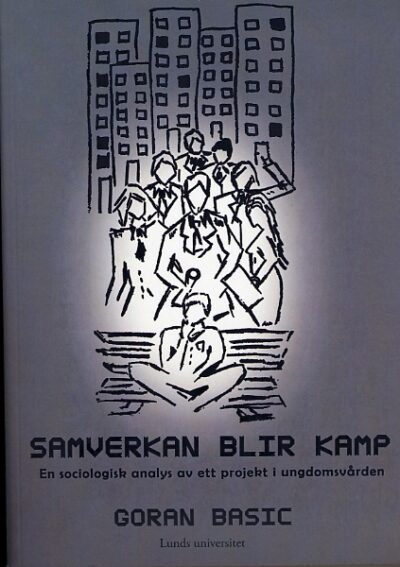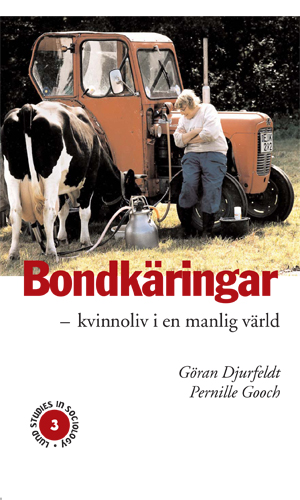Beyond the Catchwords
Adjustment and Community Response to Participatory Development in Post-Suharto Indonesia
Axel Fredholm
186 kr
Beskrivning
Participation is a typical catchword in current development philosophy. Giving precedence to beneficiary perspectives on needs and resource utilisation, participatory approaches are more purposeful and effective than expert-driven development. While the assumption is that people are predisposed to reap the benefits of participation and capitalize on the opportunities, the capacity and willingness to participate is a debated issue. People are allegedly unfamiliar with the behavioural implications and the concept has proven incompatible with the socio-economic conditions in developing countries.
Based on fieldwork in Bantul Regency, Indonesia, this book illustrates how participation works in practise. The author explains how people act when they participate in irrigation management and community-driven development. He also examines how participation impinges on agriculture and rural development in material terms, e.g. how it affects water distribution, cultivation techniques, road constructions etc. Through its empirical orientation, the book offers a better understanding of how people respond to the concept and whether the prospective advantages are realisable.
Ytterligare information
| Vikt | 401 g |
|---|---|
| Storlek | 11 × 165 × 240 mm |
| Språk | Engelska |
| Antal sidor | 180 |
| Publikationsår | 2001 |
| Bandtyp | Häftad |
| ISBN | 91-7267-269-2 |
| ISSN | 0460-0045 |
| Volym | 82 |





